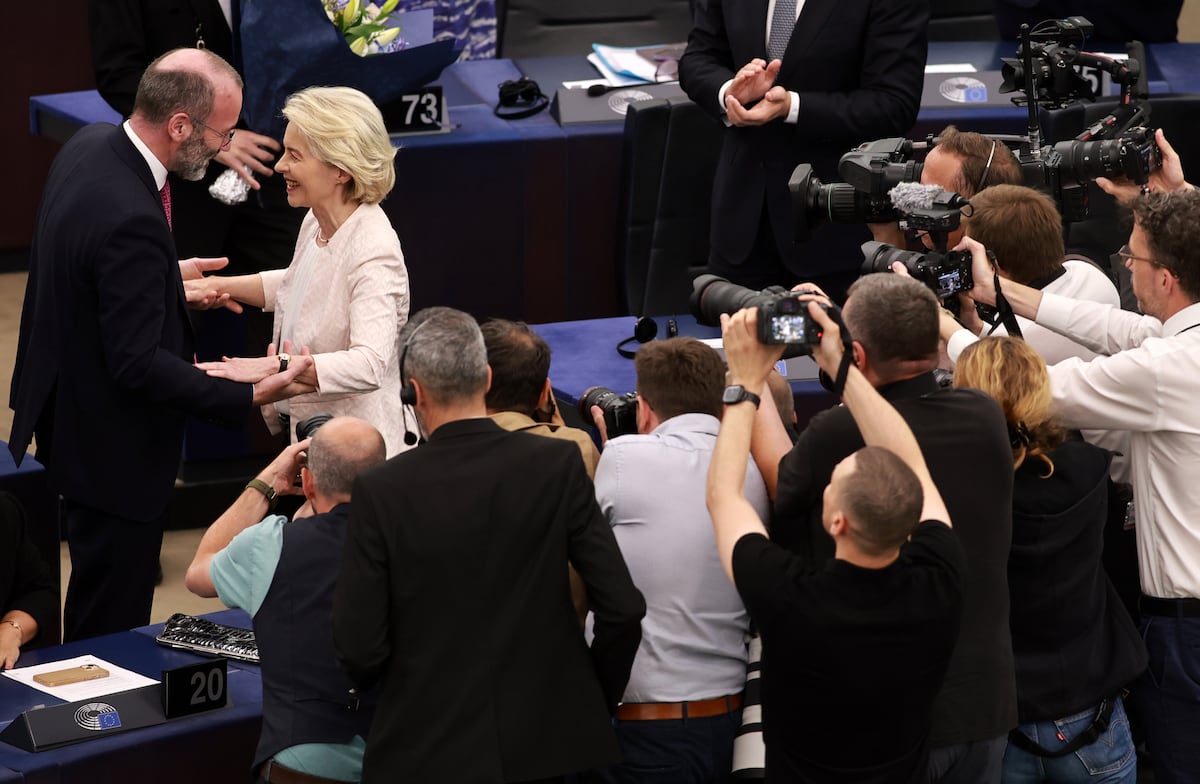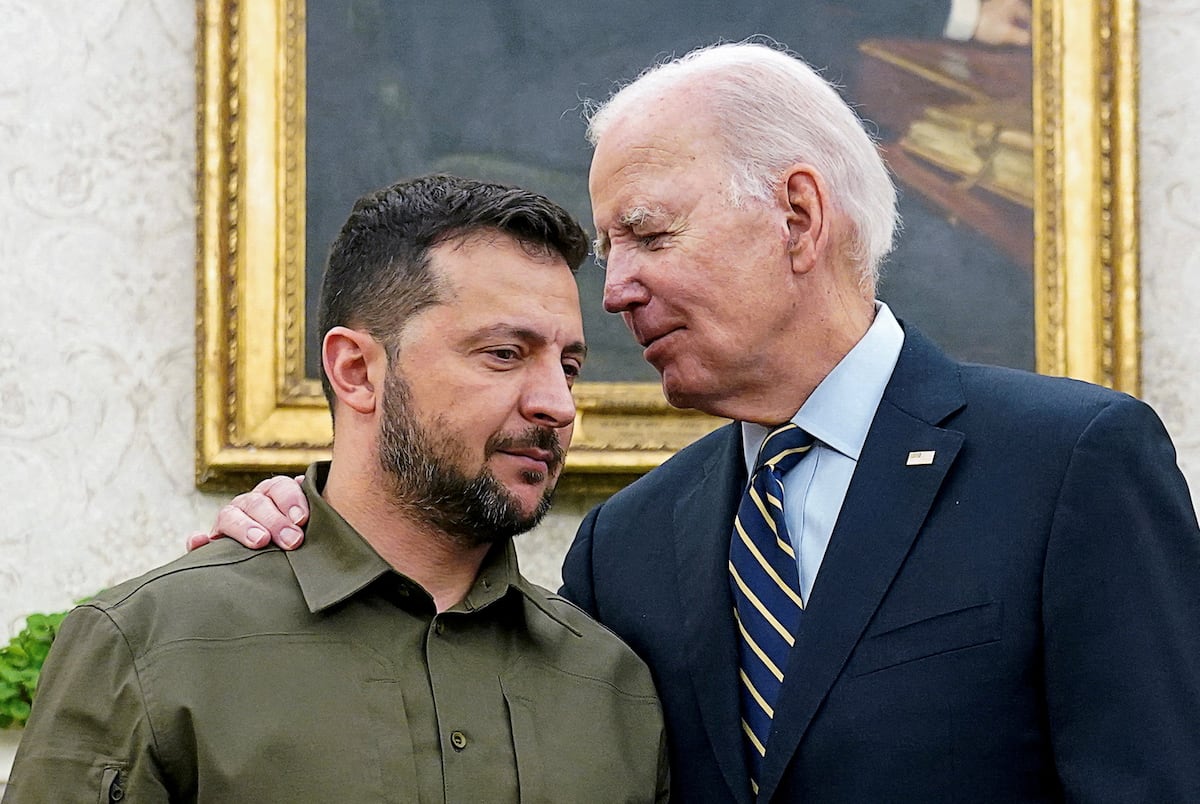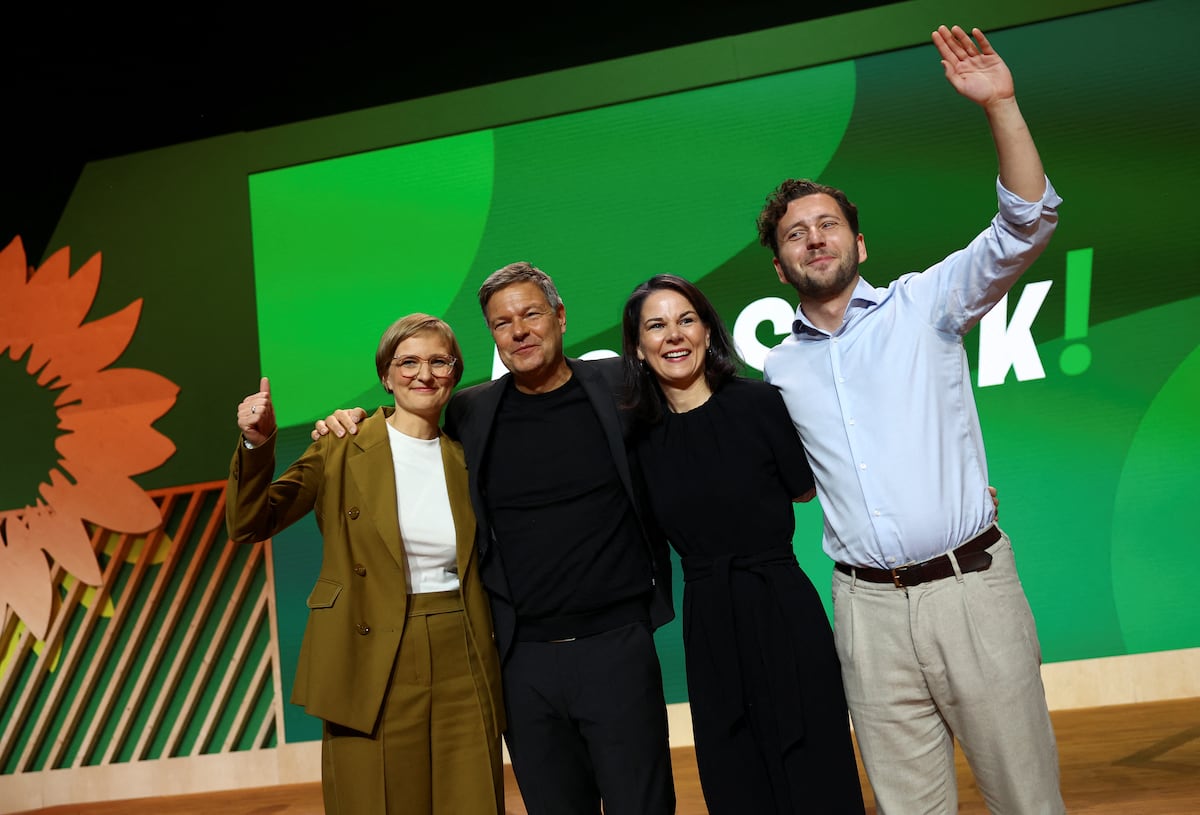Manfred Weber is busy weaving his political web. The president of the European People’s Party (EPP) and the parliamentary group in the European Parliament has launched a battle against the Spanish minister Teresa Ribera who is blocking the formation of the new European Commission at a crucial moment for the EU. As in a structure of concentric circles, Weber pursues various purposes: a Spanish domestic objective, to help Alberto Núñez Feijóo’s Popular Party cover up its management of the Valencia dana; a European one, with the fight against the head of the community Executive, Ursula von der Leyen; and an ultimate goal of damaging social democracy, leaning to the right and dynamiting the balance of pro-European and centrist majorities on which the progress of the community project has been based.
The Bavarian politician – questioned by some voices in his European party who believe that he has amassed too much power and that it should not be the same person who presides over the popular group in the European Parliament, where it has the largest number of seats, and the EPP; that we must diversify and not always be under the leadership of Germans—he moves to show that he has the reins. Both inside and outside.
The blockade of the social democrat Teresa Ribera, appointed by the conservative Von der Leyen to carry out a powerful vice presidency of the Just, Clean and Competitive Transition and the Competition portfolio, has opened a chapter of uncertainty in a European Union that must begin to prepare for the tariff escalation that Donald Trump announces and also for the scenario (not ruled out) that Washington leaves it alone in supporting a Ukraine forced by the Republican president-elect to sign peace in a bad agreement with the Russian leader, Vladimir Putin.
hostage taking
The conservatives’ shot at the Spanish minister, who is still waiting for the parliamentary committees to evaluate her after her appearance in the European Chamber, which the PP and the ultras wanted to focus on the dana, has led to a hostage situation: the social democrats refuse to support Raffaele Fitto, appointed by the Italian prime minister, the far-right Giorgia Meloni, and appointed by Von der Leyen as another of her vice presidents; and the Hungarian commissioner, Olivér Várhelyi, an ally of the national-populist Viktor Orbán. In total, there are six vice presidents and one commissioner left to vote. And the entire Commission as a whole is waiting to receive the green light from the European Parliament in a vote that was scheduled for the plenary session on November 27 and which is no longer so clear that it will be held.
Meanwhile, Weber continues knitting. With the first outline of his political plan, the 52-year-old Bavarian politician seeks to help Feijóo distract from the responsibilities of the poor management of the floods caused by the dana in the Valencian Community on October 29. Splash Ribera to cover the popular Carlos Mazón, who did not react or activate the corresponding devices in time and was at a meal for hours while a catastrophe was taking place that has already claimed the lives of 218 people. Mazón has evaded responsibility and his management contrasts with that of his party in Andalusia in the face of a new dana.
Ribera was always in the focus of the PPE. The Spanish Minister of Ecological Transition is considered in the sectors most to the right of the conservatives and in the ultra groups as too radical, too green and social. But her technical profile, her reputation as a weaver of agreements, convinced Von der Leyen, who appointed her as his number two in the new community Executive. The popular Europeans already began to maneuver against it and, supported by the ultras, managed to set the calendar for the European parliamentary hearings of the Commission candidates and leave the Spanish for last and guarantee that they could impose all the pressure so that the other groups will support their candidates first.
In reality, they had found little to attack Ribera, beyond his climate and energy policies. The popular Europeans assured for days that they had no preconceived reservations and that they would have to wait for their hearing in the European Parliament, in which the commissioners examine their competence for the position and the plans for the portfolios they have to manage or even their European values. Also that a lot would depend on whether the Social Democrats gave the green light to the Italian Fitto, who the conservatives have taken almost as their own.
The reality was different. On Friday the 8th, after an interview on Cadena SER in which Ribera broke his weeks-long silence and revealed that he had tried to locate Mazón up to four times on the day of the dana – it was later learned that the presidentValencian had spent hours at a meal with a journalist—the Spanish PP saw a gap and began to charge against it, despite the fact that the majority voices (and within the Commission) assured in Brussels that there was no appetite on the part of any group policy of delaying the hearings. On Monday the 11th, the day before the Spanish woman’s hearing in Brussels, Weber, Feijóo and the Spanish MEPs Dolors Montserrat and Esteban González Pons agreed to veto the person designated as European vice president.
The parliamentary hearing, the seriousness of the process, was the least important thing. Last Tuesday, at Ribera’s appearance, Montserrat began to sow the shadow of a future accusation of the Minister of Ecological Transition for the dana. In the evening, the MEP went out to celebrate the blockade of the social democrat in Brussels.
That domestic circle, a more short-term missile, is not woven by Weber, but he takes advantage of it. And it is the support for the second circle, the one that weaves to give a touch to Von der Leyen. The German, from the same popular political family, but with whom she has not had a good relationship, is the great product of the consensus between conservatives, social democrats and liberals. A traditional alliance that Weber, who is more to the right in his political group, now questions. The parliamentary arithmetic changed radically after the elections to the European Parliament on June 9, in which the EPP won more seats and so did the extreme right, divided into several parliamentary groups. And the head of the European Popular Party wants to have the freedom to also agree with the ultras when it suits him.
It thus seeks to have more room to carry out more conservative resolutions, such as the one that this week has given rise to its votes to lighten a key green norm. He would also like to force the German to change portfolios to remove power from Spain.
But Weber also moves in a broader circular maneuver. The EPP has 14 commissioners, 188 seats in the European Parliament, the presidency of the European Commission, that of the European Parliament, held by Roberta Metsola, and is already in sight of the German chancellery, after the elections brought forward to February by a very weakened Olaf Scholz ( social democrat).
The Bavarian politician takes advantage of the shot to also reach Pedro Sánchez, the last socialist leader of a large country still standing in the European Council, where the extreme right has also already put a stake, to which Weber – and increasingly Von der Leyen, who has showered Meloni with praise, head of a party with fascist roots, wants to whitewash.
The question is whether a Europe leaning more to the right, like the one Weber already envisions, will be able to impose sufficient counterweight and response to the policies pushed by the populist Republican Donald Trump. The EU is no longer the same as it was in 2016, during the first term of the Republican president-elect. Trump now has numerous allies within, from Meloni to Orbán, to speak of the most visible. And those that will be uncovered. This time, the Trojan horses hold positions of power.








